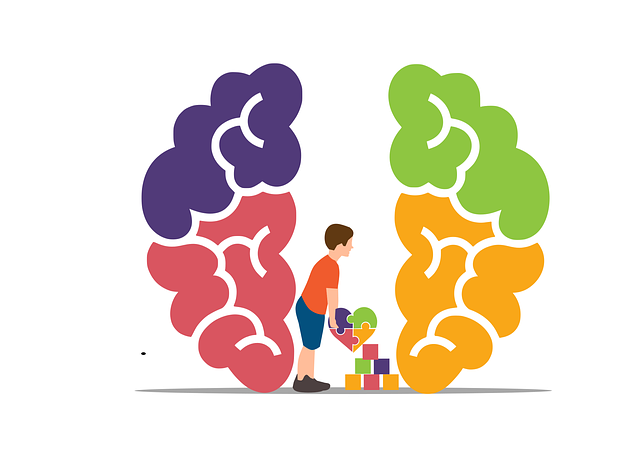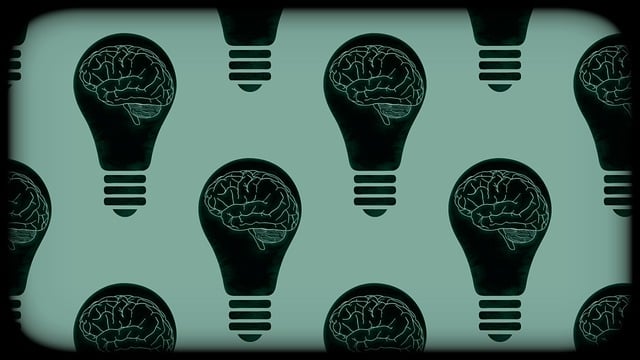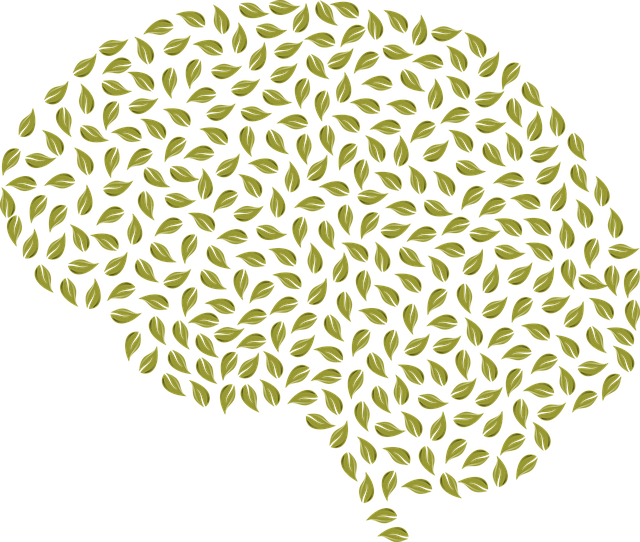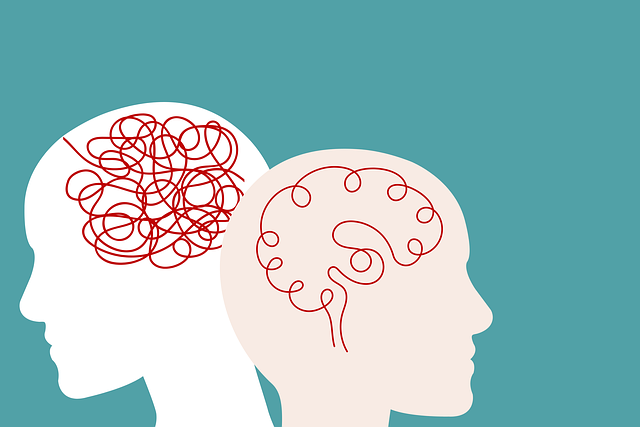Mental health education, as offered by Highlands Ranch Chronic Illness Therapy, goes beyond treating symptoms by providing tools for stress management, resilience building, and recognizing mental health signs. A holistic approach includes Cultural Competency Training and Mental Health Policy advocacy to tailor support and improve access. Through engaging curricula blending educational sessions and practical strategies, the therapy center empowers individuals to manage their conditions effectively. Success is measured by individual and community-level changes, such as improved mood management skills and reduced stigma, while preventing burnout among participants and facilitators ensures lasting effects.
Mental health education is a vital component of overall well-being, especially in communities like Highlands Ranch grappling with chronic illnesses. This article delves into the design of effective programs, exploring why comprehensive mental health education is crucial for individuals and society as a whole. We dissect strategies employed by successful initiatives, such as those at Highlands Ranch Chronic Illness Therapy, to mitigate stigma and foster resilience. By examining implementation and impact, we uncover key metrics for evaluating success in mental health education programs.
- Understanding Mental Health: Unveiling the Significance of Comprehensive Education
- Crafting an Effective Program: Strategies for Highlands Ranch Chronic Illness Therapy
- Implementation and Impact: Measuring Success in Mental Health Education Programs
Understanding Mental Health: Unveiling the Significance of Comprehensive Education

Understanding mental health is a multifaceted process that requires comprehensive education to dispel myths and foster empathy. In Highlands Ranch Chronic Illness Therapy, it’s crucial to recognize that mental health is as integral to overall well-being as physical health. Traditional healthcare often focuses on treating symptoms rather than addressing the underlying social, emotional, and environmental factors contributing to mental distress. Thus, educational programs must go beyond basic definitions to include topics like stress management, resilience building, and recognizing signs of common mental health disorders.
A holistic approach to mental health education involves not only empowering individuals with knowledge but also equipping healthcare providers with essential tools. Incorporating aspects such as Cultural Competency Training ensures that support is tailored to diverse populations’ unique needs. Additionally, integrating Mental Health Policy Analysis and Advocacy into educational curricula can promote systemic changes, ensuring better access to mental health services. By fostering emotional well-being promotion techniques, communities can create supportive environments that prevent and mitigate mental health challenges.
Crafting an Effective Program: Strategies for Highlands Ranch Chronic Illness Therapy

Crafting an effective mental health education program requires a tailored approach, especially when addressing specific challenges like Highlands Ranch Chronic Illness Therapy. The key lies in designing an engaging curriculum that combines educational sessions with practical strategies. By integrating topics such as Mental Health Awareness and Conflict Resolution Techniques, participants can gain valuable insights into managing their conditions and improving overall well-being.
Incorporating Self-Awareness Exercises is a game-changer for personal growth. These exercises enable individuals to understand their emotions, triggers, and coping mechanisms, fostering a deeper sense of self-control and resilience. Tailoring the program to meet the unique needs of those in Highlands Ranch Chronic Illness Therapy ensures that participants leave with practical tools and increased confidence in navigating their mental health journey.
Implementation and Impact: Measuring Success in Mental Health Education Programs

The success of mental health education programs extends far beyond the classroom or workshop hall. Measuring impact is a multifaceted process that involves assessing both individual and community-level changes. At Highlands Ranch Chronic Illness Therapy, we’ve seen firsthand how comprehensive programs can transform lives. By implementing evidence-based strategies tailored to specific communities, such as our Community Outreach Program Implementation, we aim to create lasting effects.
Effective measurement includes tracking improvements in mood management skills, reducing stigma associated with mental health issues, and fostering early intervention. Additionally, evaluating program success should consider the prevention of burnout among participants and facilitators, a critical aspect often overlooked but crucial for long-term engagement. These strategies collectively contribute to creating resilient communities where individuals are equipped to navigate their mental well-being effectively.
Mental health education programs, as highlighted by strategies employed at Highlands Ranch Chronic Illness Therapy, play a pivotal role in fostering well-being. By combining comprehensive understanding with effective design and rigorous measurement, these programs can significantly impact individuals’ mental health literacy and overall quality of life. Investing in such initiatives is essential to creating a healthier, more resilient community.














